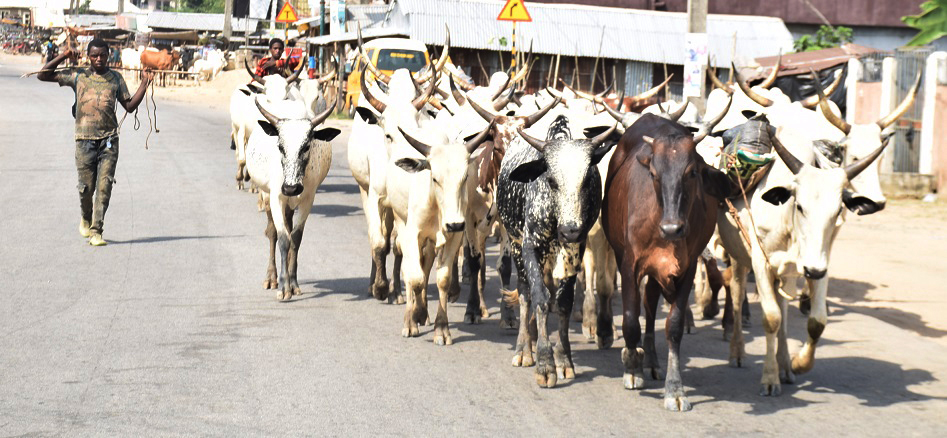Amnesty International says a total of 3,641 Nigerians have been killed in conflict between herdsmen and farmers in the country since January 2016.
The international human rights watchdog blamed this on “gross incompetence” on the part of the authorities and failure of security agencies to respond to warning signals.
In 2018 alone, over 1,000 people have reportedly been killed in attacks between herdsmen and farmers.
In most cases like in Plateau state where at least a hundred lives were lost, the police and other security agencies have arrested some suspects though no known conviction has been recorded.
Advertisement
In a report tagged “Harvest of death: Three years of bloody clashes between farmers and herders’, released on Monday, AI said “57 percent of the 3,641 recorded deaths occurred in 2018.”
“Security forces were often positioned close to the attacks, which lasted hours and sometimes days, yet were slow to act. In some cases, security forces had prior warning of an imminent raid but did nothing to stop or prevent the killings, looting and burning of homes,” Osai Ojigho, AI director in Nigeria was quoted as saying in the report.
“The Nigerian government has displayed what can only be described as gross incompetence and has failed in its duty to protect the lives of its population and end the intensifying conflict between herders and farmers.
Advertisement
“The authorities’ lethargy has allowed impunity to flourish and the killings to spread to many parts of the country, inflicting greater suffering on communities who already live in constant fear of the next attack.”
AI further said it discovered the attacks were “well planned and coordinated, yet, little has been done by the authorities in terms of prevention, arrests and prosecutions, even when information about the suspected perpetrators was available.”
“The root cause of this conflict has nothing to do with religion or ethnicity; it is largely about land and access to grazing,” Ojigho said.
“But in some places, because of the failures of the security forces, competition over resources is used as a pretext to kill and maim along ethnic or religious lines.
Advertisement
“The conflict has also been dangerously politicized by some state government officials who have inflamed tensions by embarking on a blame game along political party lines.”
Sani Usman, army spokesman, has denied the report, describing it as a “fabrication of fictitious allegations”.
Add a comment







